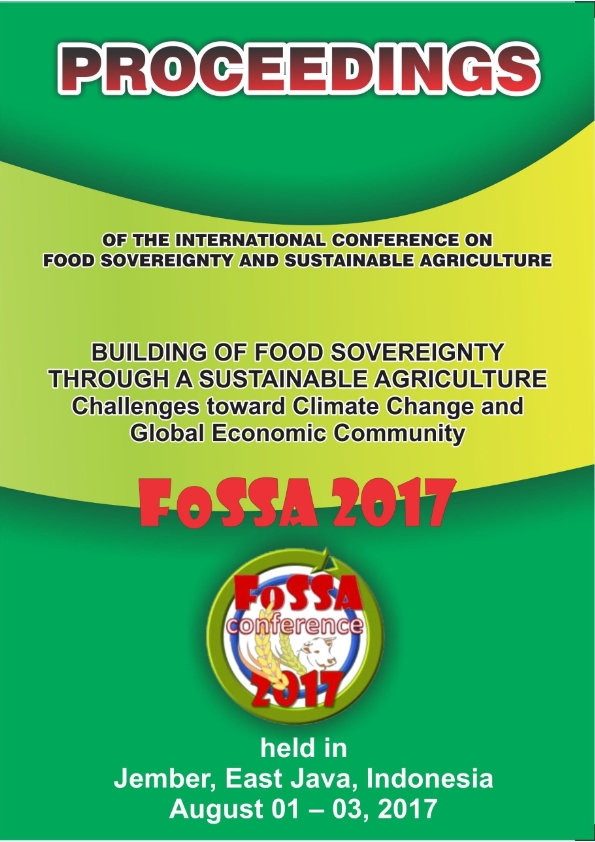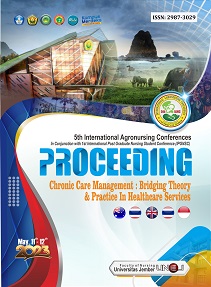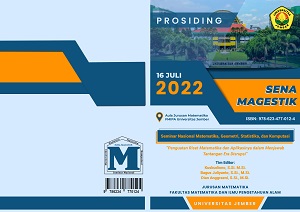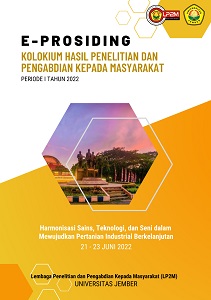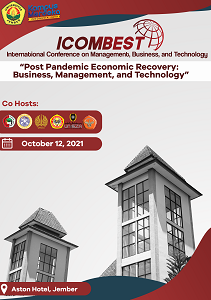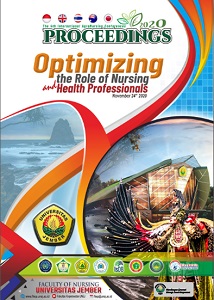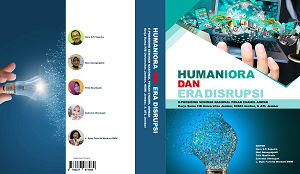SUGAR CANE MADURA AN OPPORTUNITY FROM THE PERSPECTIVE ON SOCIAL AND ECONOMIC DIMENSIONS
Abstract
Today, the national sugar demand for household and industrial in line with the increasing population. The existence of a program to establish sugar factories, of course, offset by increased production of cane as the main raw material. Madura Island has a chance to become sugarcane island, based on the result of study of Indonesian Sugar Plantation Research Center (P3GI), spread in various areas which then need to develop the potential of sugarcane. So the research set the goal to analyze the social and economic aspects of sugar cane agribusiness development in Madura Island. Data analysis used is qualitative descriptive analysis and return cost analysis (R / C) ratio including break even point (BEP). The location of this research was done in 3 districts (Bangkalan, Sampang, Sumenep) Madura which is the scope of work of PG Candi Baru, with informants 15 farmers and officers of PG Candi Baru and related institutions so total 50 respondents. The results showed that the perception of sugar cane farmers in Madura has a strong acceptance attitude only on the ease and assistance provided, both in the form of funds and production facilities received. The institutions involved are still not optimal in supporting the development undertaken. Beside that, the calculation of R / C ratio obtained results of 1.0017, then declared feasible, but with a very small profit of 0.17%. Break Even Point (BEP) of sugarcane per hectare production must be achieved with the average cost assumption of 757.369.681 IDR and sugarcane price 44.158 IDR and the average yield of 6.66% is 698,74 kwintal of sugarcane so that this potential is needed for continuous development effort.

